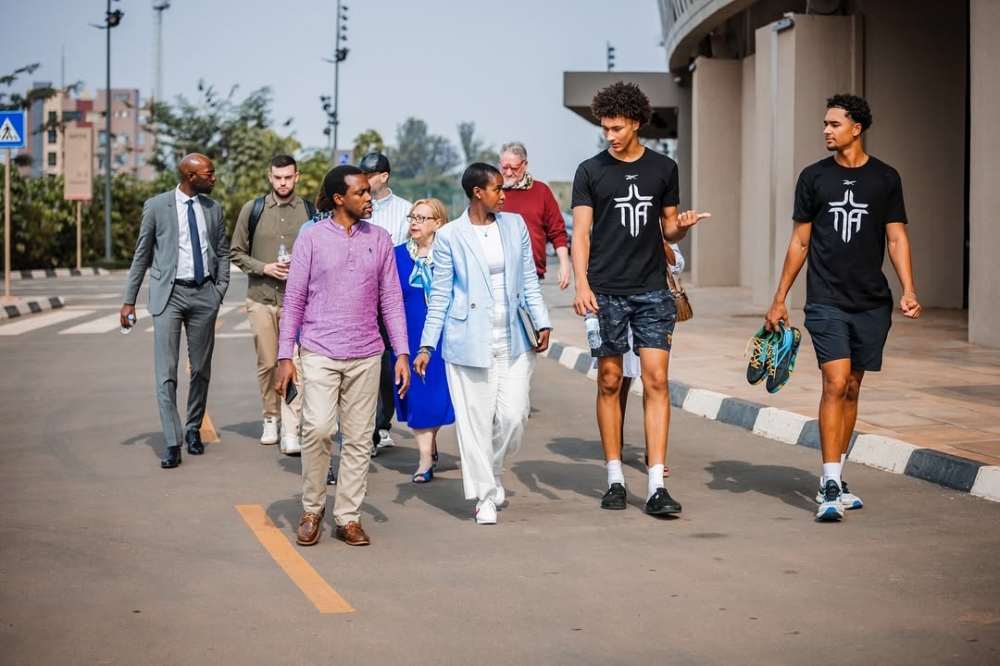With a hilly and mountainous terrain mostly, South Korea shares something in common with Rwanda. However, this is where the similarity mostly ends, excepting the fact that a few decades ago South Korea’s GDP stood at the same levels of developing countries today. Now, that country enjoys a prestigious position amongst the powerful world economies, and so it is with high expectations that Rwanda welcomes plans from such a high-riding economy to integrate its successful development model into Rwanda’s development programmes.

With a hilly and mountainous terrain mostly, South Korea shares something in common with Rwanda. However, this is where the similarity mostly ends, excepting the fact that a few decades ago South Korea’s GDP stood at the same levels of developing countries today. Now, that country enjoys a prestigious position amongst the powerful world economies, and so it is with high expectations that Rwanda welcomes plans from such a high-riding economy to integrate its successful development model into Rwanda’s development programmes.
This deal is expected to help reform and strengthen Rwanda’s national policies in five key areas, namely: industrial policy, investment and export promotion, human resource development, agriculture and energy.
One of the policies that led South Korea to success lay in the tenacity of its citizens to throw off the yoke of poverty, with sustained calls for cultivating a culture of individual savings and investment, which led their innovations turn the country around. It also feted specific sectors for development, thereby lending an arm to investors as encouragement for them to invest there specifically.
Rwanda is known for its determination to create a regional communications hub, and in a general sense, building a knowledge-based economy. Having South Korea to suggest how such an economy can be built is a welcome thing, and we can only hope that their model will work out for us too.
In a related development, the Kenyan government sent its Vice President, Kalonzo Musyoka, to consult Rwandan leaders over issues regarding running a power sharing government. Rwanda has a government that supports and practices power sharing amongst different political parties and other stake holders – not winner-takes-it-all. In this sense, Rwanda becomes a model. So since running a power-sharing government is one of the ways being mooted to settle the impasse between government and opposition leaders regarding the post-election conflict that has ravaged the country since end of December, President Paul Kagame’s input in such a deal cannot be underestimated.
It is a very positive step therefore, that countries find it necessary to consult tested policies and see how they can be applied in similar circumstances where intervention is needed. The South Korea and Kenya scenarios are positive signs that consulting those who have been there, will guide us to development and peace.
Ends




